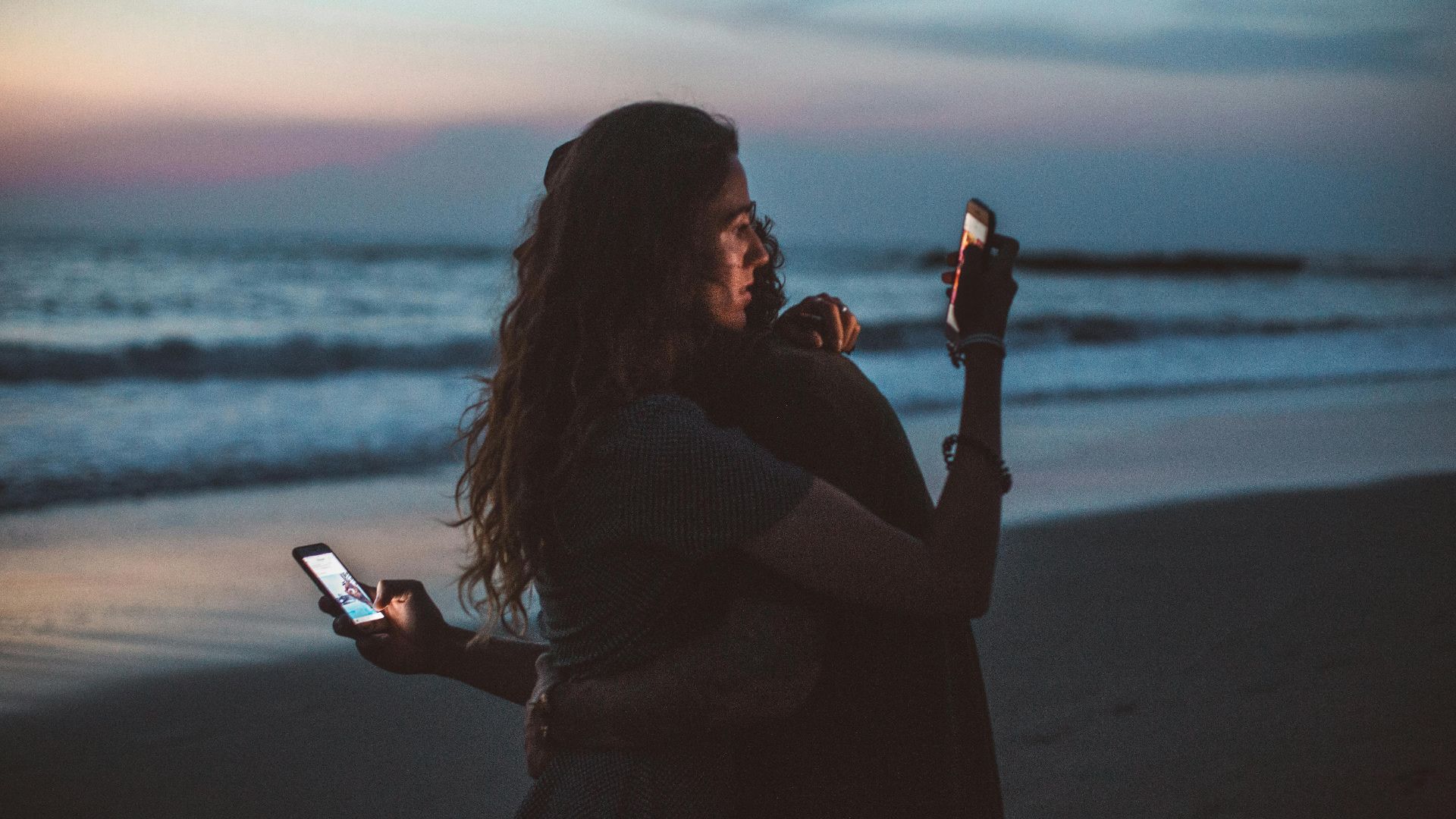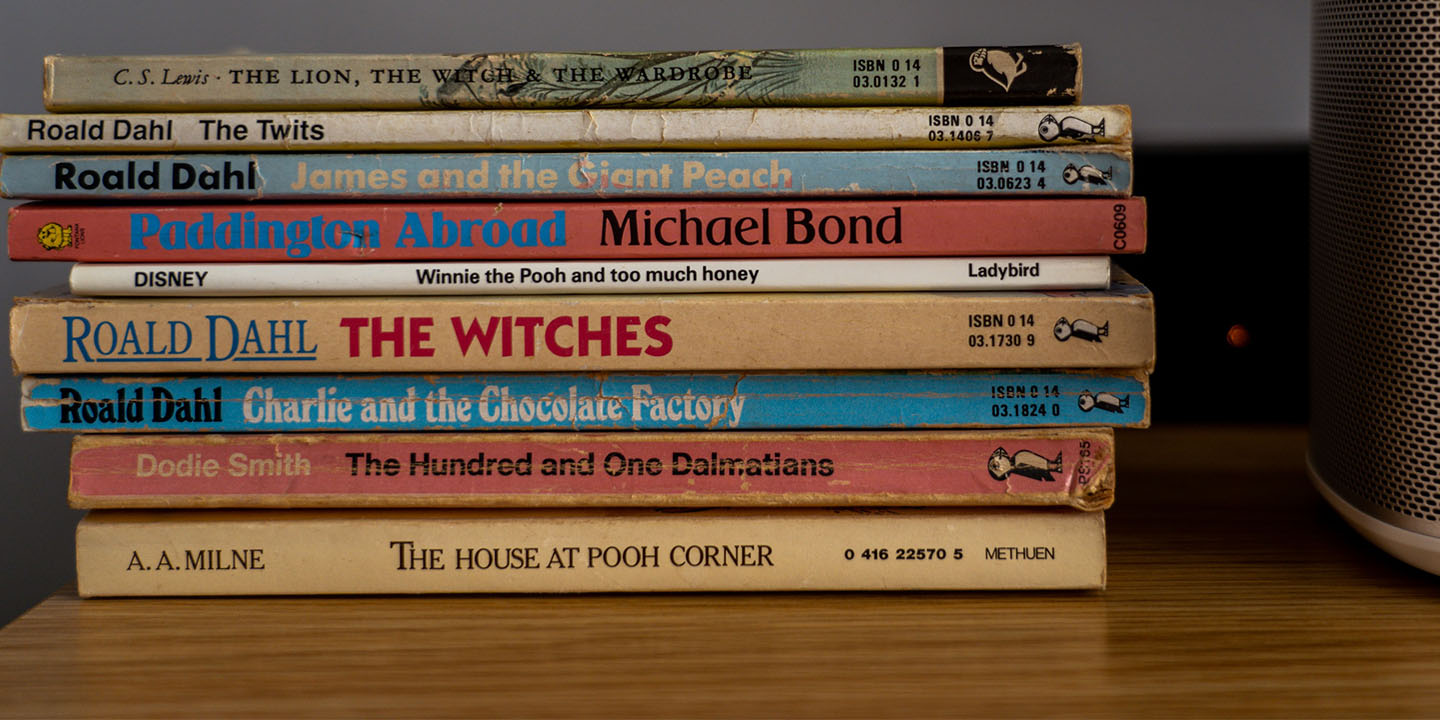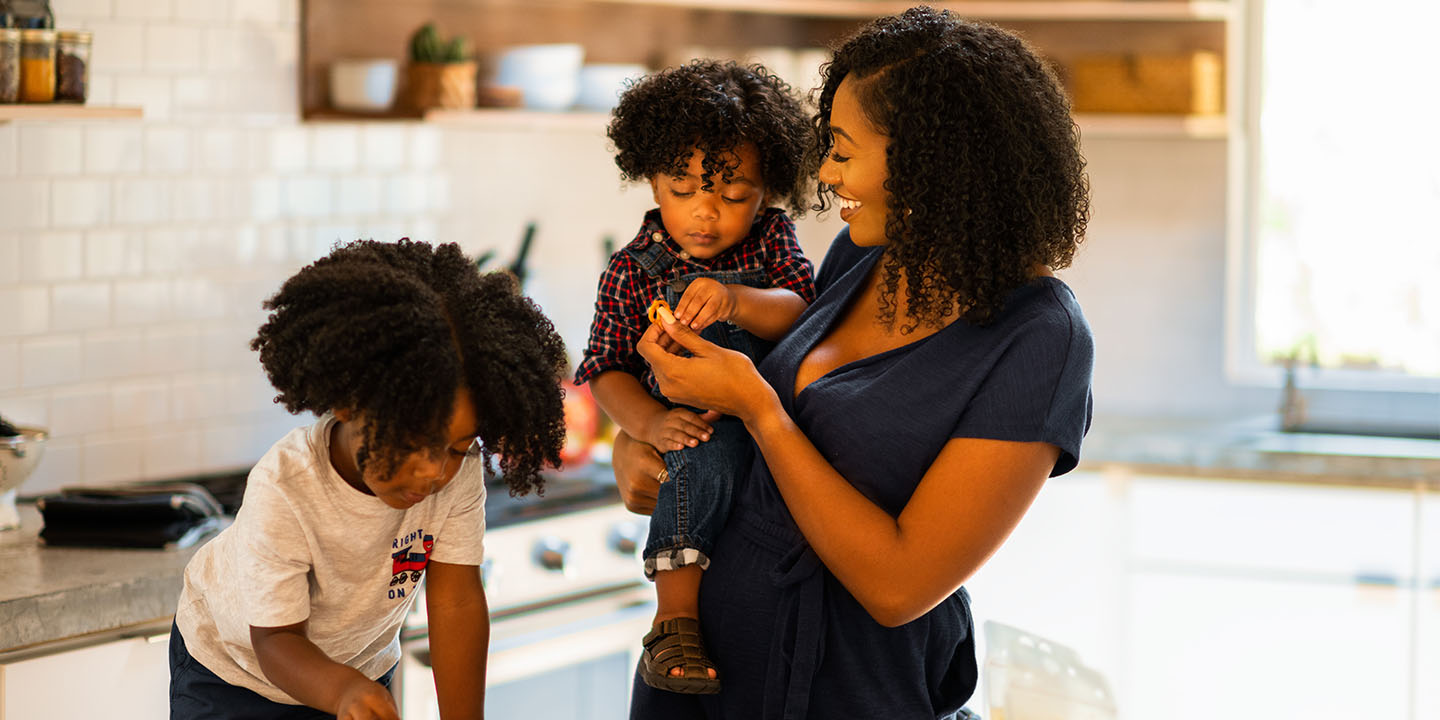How The Paradox of Choice Has Ruined Long-Term Relationships
If you've ever spent any amount of time on a dating app, you know how overwhelming it can be—the endless swiping, the hundreds of DMs, the four nights a week set aside for dates. It's transformed dating entirely. If before, we had our circle to choose from—made up of friends, colleagues, neighbors, people who enjoy the same events, and friends of friends—now we have the entire internet the choose from.
Instead of allowing us to connect with our soul mate more easily, this abundance of choice has led to indecision and more difficulty committing. People used to date for a while, then get married, and make the best of it. Learning each other's irks, fighting but always finding a path past it, and sticking it out through the good and bad times. Now, people have a "shopping" mentality when it comes to dating, making them more likely to cut and run at the first signs of trouble.
What is the paradox of choice?
The paradox of choice, a term coined by psychologist Barry Schwartz, is the idea that having more options doesn't lead to increased happiness, but rather dissatisfaction and anxiety. It's something we experience more and more in the modern world as the internet and globalization have opened the door to the whole world as opposed to just our locality. Making even simple choices like which sandals to buy when online marketplaces like Amazon are at your fingertips becomes mentally taxing.
The paradox's role in relationships
Studies show that when people have unlimited options, they experience more regret and second-guessing, even after choosing something good. Apply that to relationships, and it manifests as obsessing over what you’re missing instead of valuing what you have.
Satisfaction in relationships has decreased, and we've acquired a fear of missing out (FOMO) even when it comes to choosing a partner. The abundance of potential options makes it difficult to invest in a relationship because there's always the notion that maybe there's a "better" person out there for us.
It leads us to constantly compare the people we meet to the seemingly endless pool of options we have access to, creating an inability to be fully present and appreciative of the one in front of us. It also encourages serial dating, shorter attention spans, and a lower tolerance for discomfort. Instead of building resilience, communication skills, or compromise
The paradox of choice, coupled with social media, which constantly showcases "perfect" couples, creates unrealistic expectations. Influencers reinforce the illusion that the perfect relationship exists, it's just not yours. As a result, many of us have an idealized standard that no real human can meet. This can lead to chronic disappointment in relationships and an inability or unwillingness to work past differences, as demonstrated by the fact that nearly half of marriages in the US end in divorce.
How to avoid the trap
The answer to all this is not to avoid modern dating entirely. After all, there are some benefits to having more choice. Some people really do connect with the love of their life, who they otherwise would never have met through an app, and more choices mean higher standards. However, limiting your options doesn't mean settling. It means focusing long enough to appreciate the depth that can only come from time, effort, and emotional investment.
All it takes is a mindset shift away from shopping for the "perfect" person to choosing someone and committing to growing with them. When you stop chasing the illusion of perfection, you finally create space to build a real, lasting relationship.









